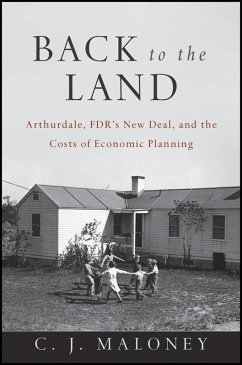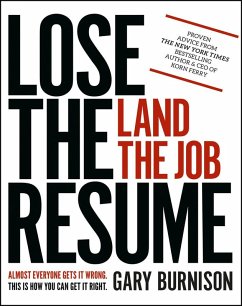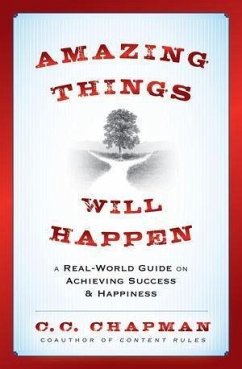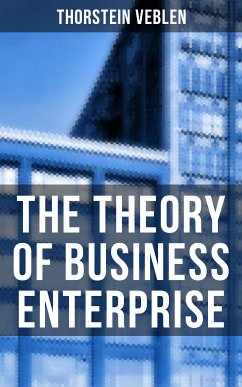
The Amazing Argentine: A New Land of Enterprise (eBook, ePUB)

PAYBACK Punkte
0 °P sammeln!
In "The Amazing Argentine: A New Land of Enterprise," John Foster Fraser traverses the vibrant landscapes and burgeoning industries of early 20th century Argentina. His narrative weaves rich descriptions of the geographical splendor, cultural diversity, and economic potential that define this South American nation. Fraser employs a vivid prose style filled with personal anecdotes, striking imagery, and astute observations, positioning his work within the broader literary context of travel writing and imperial exploration's impact on contemporary perceptions of foreign lands. The text serves no...
In "The Amazing Argentine: A New Land of Enterprise," John Foster Fraser traverses the vibrant landscapes and burgeoning industries of early 20th century Argentina. His narrative weaves rich descriptions of the geographical splendor, cultural diversity, and economic potential that define this South American nation. Fraser employs a vivid prose style filled with personal anecdotes, striking imagery, and astute observations, positioning his work within the broader literary context of travel writing and imperial exploration's impact on contemporary perceptions of foreign lands. The text serves not only as a guide to the region's resources and opportunities but also as a commentary on the societal transformations that accompany modernization. John Foster Fraser, a noted British journalist and author, draws upon his extensive travels and keen insight into global affairs to illuminate Argentina's appeal during a time of burgeoning economic promise. His background in journalism and his compelling narrative technique allow him to convey the marvels of this 'new land of enterprise' with both sincerity and sophistication. Fraser's engagement with Argentina is informed by the global economic shifts of his era, as well as the geopolitical interests that propelled migration and investment. Readers seeking an engaging exploration of Argentina's industrial potential and cultural richness will find "The Amazing Argentine" both enlightening and captivating. This book not only enriches one's understanding of Argentina's historical landscape but also resonates with contemporary discussions surrounding globalization, development, and cultural exchange. Fraser's thoughtful perspective invites both scholars and casual readers alike to consider the dynamic interplay between land, enterprise, and identity.
Dieser Download kann aus rechtlichen Gründen nur mit Rechnungsadresse in A, B, BG, CY, CZ, D, DK, EW, E, FIN, F, GR, H, IRL, I, LT, L, LR, M, NL, PL, P, R, S, SLO, SK ausgeliefert werden.













